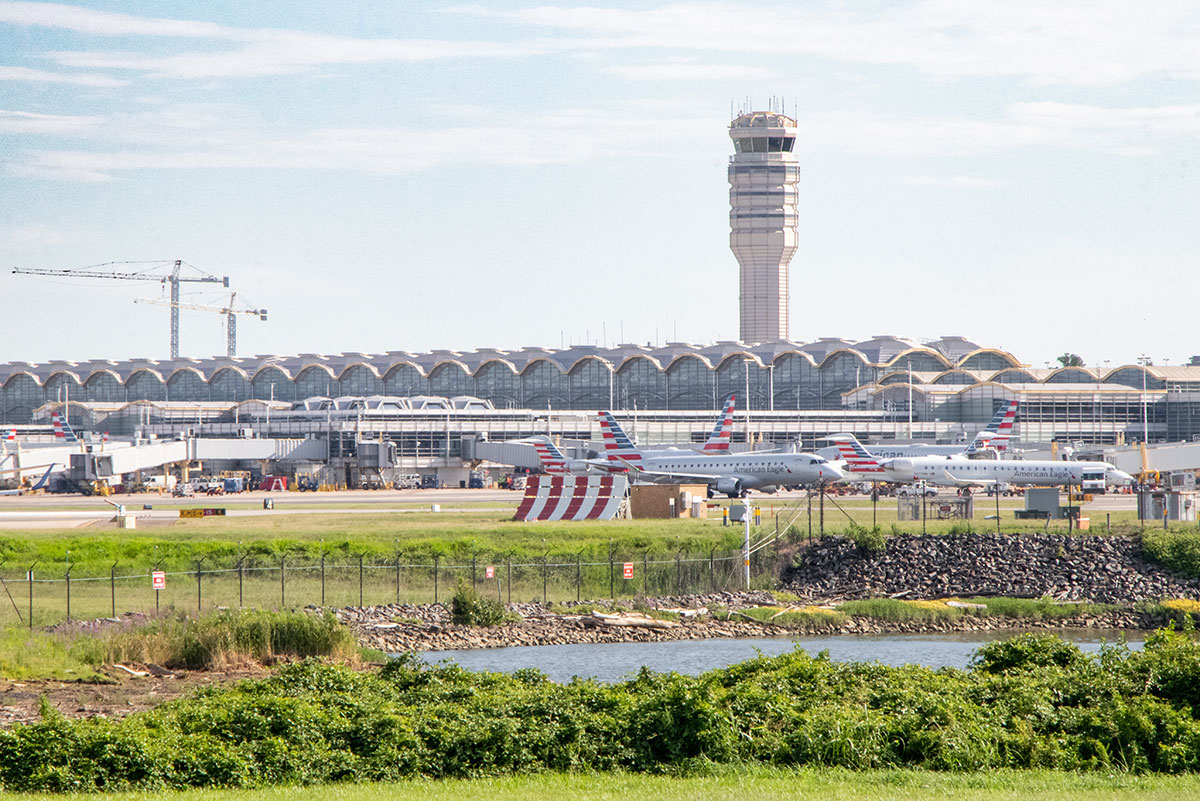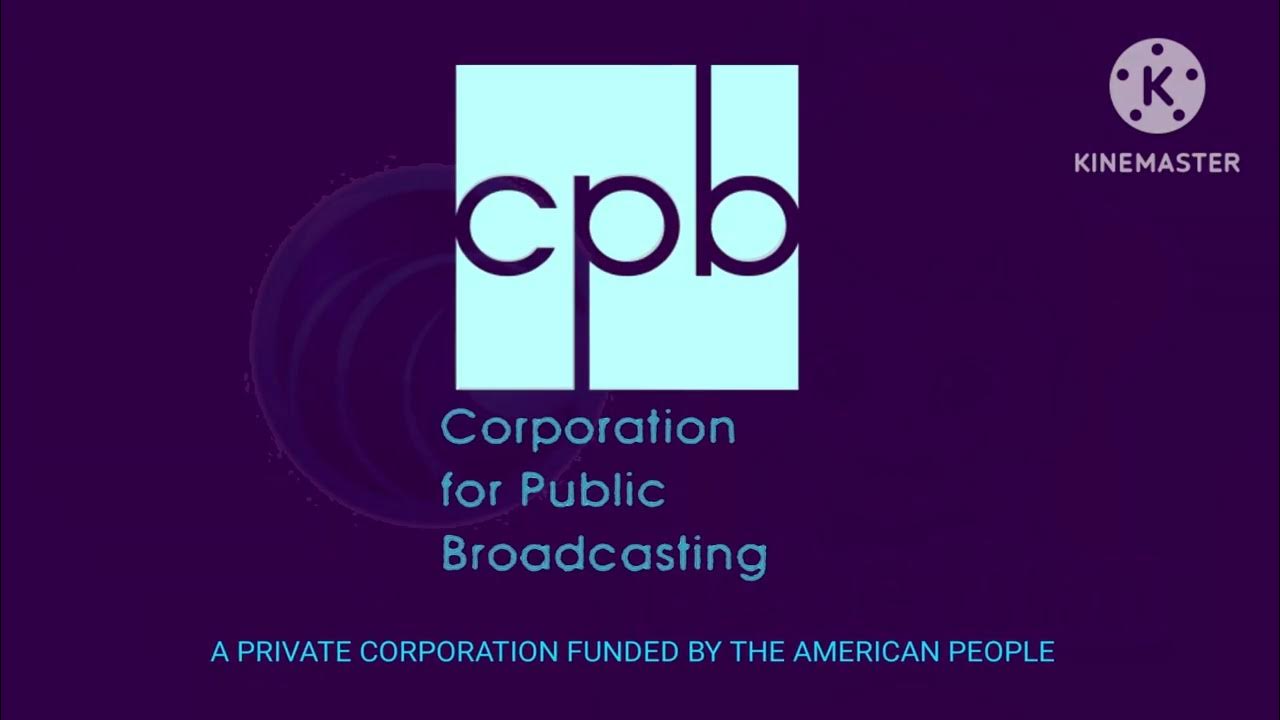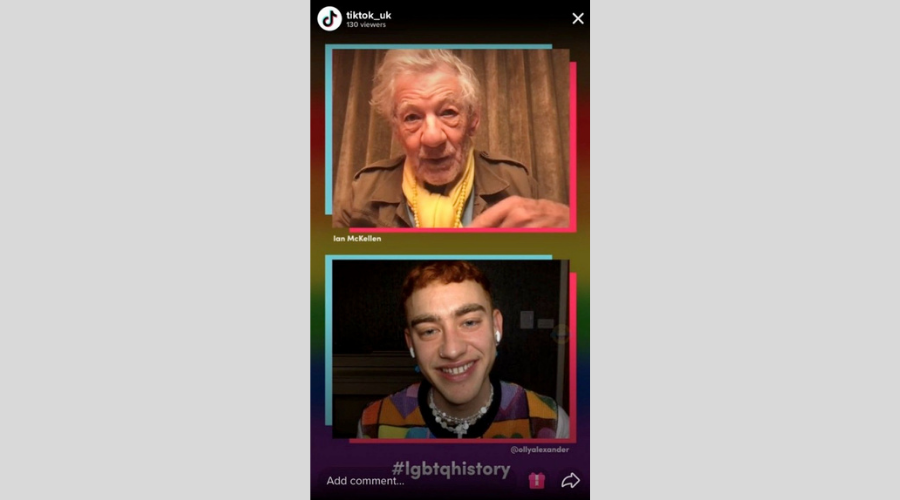The Zuckerberg-Trump Dynamic: Implications For The Digital Age

Table of Contents
Facebook's Role in the 2016 US Presidential Election and Beyond
Facebook's role in the 2016 US Presidential election, and its continuing influence on political discourse, is central to understanding the Zuckerberg-Trump dynamic. The platform's reach and algorithmic amplification mechanisms played a significant role in shaping public opinion and the election's outcome.
Cambridge Analytica Scandal and Data Privacy Concerns:
The Cambridge Analytica scandal serves as a stark example of the vulnerabilities inherent in Facebook's data handling practices. This scandal, which involved the harvesting of millions of Facebook users' data without their consent and its subsequent use to create highly targeted political advertisements, exposed serious flaws in data privacy protections.
- Millions of Facebook users' data was harvested without consent: This breach of trust severely damaged Facebook's reputation and eroded user confidence.
- Data was used to create highly targeted political ads: Cambridge Analytica used this data to micro-target voters with highly personalized political messages, raising concerns about the manipulation of democratic processes.
- The scandal damaged Facebook's reputation and led to increased regulatory scrutiny: The scandal triggered global outrage and resulted in increased regulatory pressure on Facebook and other social media companies to improve data protection measures. This intensified the focus on the ethical implications of big data and its use in political campaigns.
The Spread of Misinformation and Fake News:
Facebook's algorithms, designed to maximize user engagement, inadvertently amplified the spread of misinformation and fake news during the 2016 election and beyond. This created an environment where false narratives and conspiracy theories could thrive, undermining informed democratic participation.
- Foreign actors used Facebook to interfere in the election: Evidence suggests that foreign actors exploited Facebook's platform to spread propaganda and sow discord among the electorate.
- The platform's algorithms amplified divisive and misleading content: Facebook's algorithms, prioritizing engagement, often promoted sensational and misleading content over factual information, leading to the widespread dissemination of falsehoods.
- Facebook has struggled to effectively combat the spread of misinformation: Despite efforts to improve its content moderation policies, Facebook continues to grapple with the challenge of effectively identifying and removing misinformation from its platform. This ongoing struggle highlights the limitations of technological solutions alone in tackling this complex issue.
Trump's Use of Facebook and Social Media for Political Communication
Donald Trump's masterful use of social media, particularly Facebook, significantly altered the landscape of political communication. His direct engagement with supporters and his ability to bypass traditional media gatekeepers represent a paradigm shift in political campaigning.
Direct Engagement with Supporters:
Trump leveraged Facebook and other social media platforms to communicate directly with his supporters, circumventing traditional media outlets and fostering a sense of direct connection.
- Frequent use of Facebook Live for announcements and rallies: Live streams allowed Trump to connect with supporters in real-time, fostering a sense of immediacy and intimacy.
- Direct communication with supporters bypassing traditional media: This approach allowed Trump to control his message and avoid the filter of traditional media gatekeepers.
- Ability to rapidly mobilize supporters through social media: Social media proved to be an effective tool for rapidly mobilizing supporters for rallies, protests, and other political events.
Controversial Statements and Polarization:
Trump's frequent use of social media also contributed to the spread of controversial statements and increased political polarization. His inflammatory rhetoric often fueled conflict and deepened divisions within society.
- Inflammatory rhetoric used to mobilize support: Trump often used provocative language and controversial statements to energize his base and appeal to specific segments of the population.
- Increased political polarization and social division: His social media posts often contributed to heightened political polarization and increased social division.
- Debates about censorship and freedom of speech on social media platforms: Trump's use of social media sparked intense debates about the role of social media companies in moderating content and balancing free speech with the need to prevent the spread of harmful information.
The Implications for the Future of Digital Governance and Regulation
The Zuckerberg-Trump dynamic has profound implications for the future of digital governance and regulation, highlighting the urgent need for more effective content moderation policies and a broader conversation about the role of government in regulating social media platforms.
The Need for Enhanced Content Moderation:
The challenges posed by misinformation, hate speech, and foreign interference underscore the need for improved content moderation policies on social media platforms.
- Balancing free speech with the need to combat misinformation: This presents a complex ethical and practical challenge for social media companies.
- Developing more sophisticated algorithms to detect harmful content: Advanced AI and machine learning technologies are crucial for identifying and removing harmful content more efficiently.
- Increased transparency and accountability for social media companies: Greater transparency in content moderation practices and increased accountability for social media companies are essential.
The Role of Government Regulation:
The relationship between Zuckerberg and Trump highlights the ongoing debate about the appropriate level of government regulation for social media platforms.
- Balancing free speech with the need for regulation: This delicate balance requires careful consideration of the potential impact of regulation on free speech and innovation.
- Challenges in regulating global platforms: Regulating global social media platforms presents significant jurisdictional and enforcement challenges.
- Potential impact of regulation on innovation and competition: Overly stringent regulation could stifle innovation and reduce competition in the social media market.
Conclusion
The Zuckerberg-Trump dynamic represents a critical juncture in the evolution of the digital age. The interplay between powerful social media platforms and influential political figures has profound implications for democracy, free speech, and the spread of misinformation. Understanding the complexities of this relationship is crucial for navigating the challenges of digital governance in the years to come. Further research and open dialogue about the Zuckerberg-Trump dynamic are necessary to ensure a more responsible and informed digital future. We must work towards a future where social media platforms prioritize user safety and combat misinformation effectively. Let's continue the discussion about the implications of the Zuckerberg-Trump dynamic and strive for a healthier digital landscape.

Featured Posts
-
 New Evidence Reveals Pilot Error In Near Collision At Reagan Airport
Apr 29, 2025
New Evidence Reveals Pilot Error In Near Collision At Reagan Airport
Apr 29, 2025 -
 You Tube A New Platform For Older Viewers Favorite Shows
Apr 29, 2025
You Tube A New Platform For Older Viewers Favorite Shows
Apr 29, 2025 -
 Oh What A Beautiful World Willie Nelsons Latest Album Details
Apr 29, 2025
Oh What A Beautiful World Willie Nelsons Latest Album Details
Apr 29, 2025 -
 2025 International Games The Packers Potential Participation
Apr 29, 2025
2025 International Games The Packers Potential Participation
Apr 29, 2025 -
 Blue Origin Rocket Launch Aborted Subsystem Malfunction Reported
Apr 29, 2025
Blue Origin Rocket Launch Aborted Subsystem Malfunction Reported
Apr 29, 2025
Latest Posts
-
 Vatican Defrauded London Real Estate Deal Ruled Fraudulent By British Court
Apr 29, 2025
Vatican Defrauded London Real Estate Deal Ruled Fraudulent By British Court
Apr 29, 2025 -
 You Tube A New Home For Nostalgia And Classic Tv Shows For Mature Audiences
Apr 29, 2025
You Tube A New Home For Nostalgia And Classic Tv Shows For Mature Audiences
Apr 29, 2025 -
 Why You Tube Is Becoming A Go To For Older Viewers Entertainment
Apr 29, 2025
Why You Tube Is Becoming A Go To For Older Viewers Entertainment
Apr 29, 2025 -
 You Tube A Growing Platform For Older Viewers Seeking Familiar Entertainment
Apr 29, 2025
You Tube A Growing Platform For Older Viewers Seeking Familiar Entertainment
Apr 29, 2025 -
 You Tubes Growing Popularity Among Older Viewers A Resurgence Of Classic Shows
Apr 29, 2025
You Tubes Growing Popularity Among Older Viewers A Resurgence Of Classic Shows
Apr 29, 2025
